No amount of experimentation can ever prove me right; a single experiment can prove me wrong
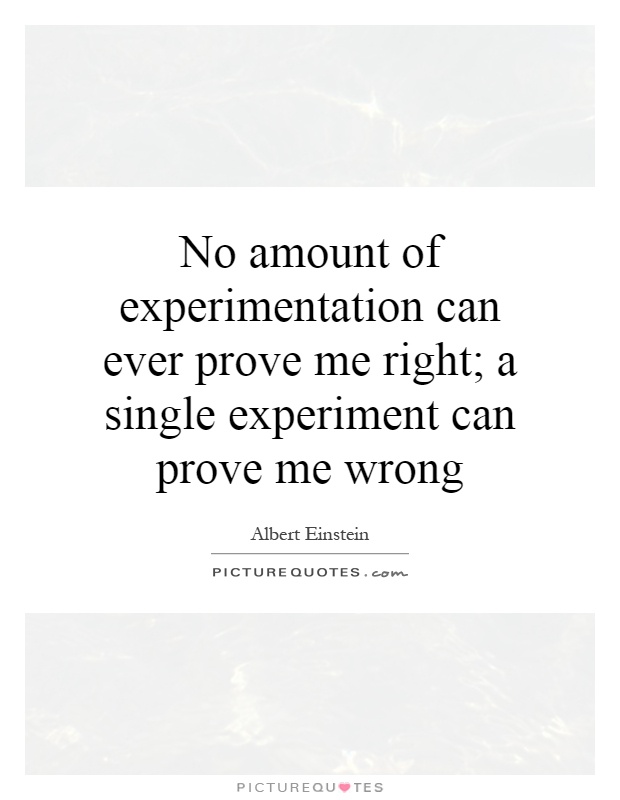
No amount of experimentation can ever prove me right; a single experiment can prove me wrong
Albert Einstein, one of the most renowned physicists of all time, is often associated with the quote, "No amount of experimentation can ever prove me right; a single experiment can prove me wrong." This statement encapsulates Einstein's approach to scientific inquiry and his willingness to challenge established beliefs in pursuit of truth.Einstein was a firm believer in the importance of empirical evidence in scientific research. He understood that no matter how many experiments supported a particular theory, it only took one contradictory result to disprove it. This mindset reflects Einstein's commitment to objectivity and his recognition of the fallibility of human knowledge.
Throughout his career, Einstein conducted numerous thought experiments and theoretical calculations to develop his groundbreaking theories of relativity and quantum mechanics. However, he always emphasized the need for experimental verification to validate his ideas. Einstein recognized that even the most elegant and logically consistent theory could be rendered obsolete by new empirical data.
One of the most famous examples of Einstein's willingness to revise his theories in light of experimental evidence is his rejection of the concept of a static universe. In the early 20th century, the prevailing view among scientists was that the universe was unchanging and eternal. However, Einstein's theory of general relativity predicted that the universe should either be expanding or contracting.
When astronomer Edwin Hubble discovered evidence of the expanding universe in the 1920s, Einstein accepted this new reality and modified his equations to accommodate it. This willingness to admit when he was wrong and revise his theories based on new evidence is a testament to Einstein's commitment to the scientific method.

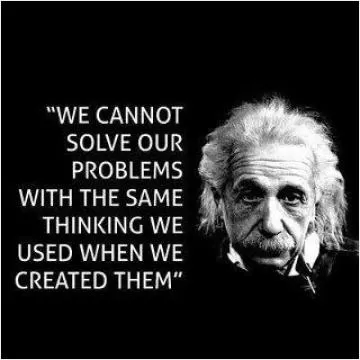


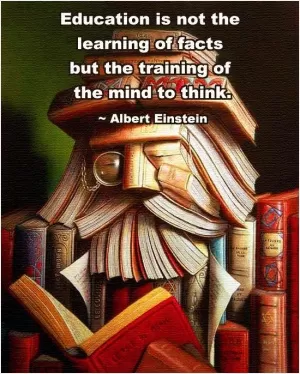


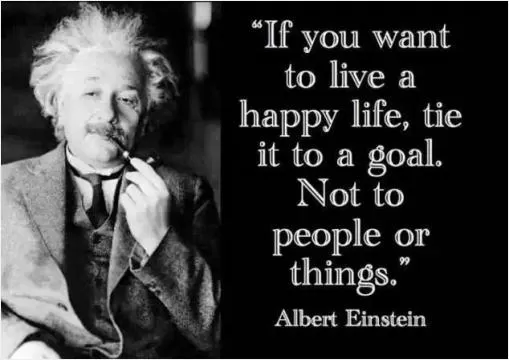


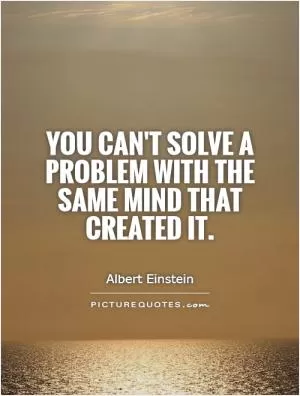
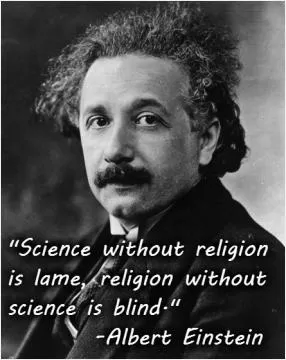
 Friendship Quotes
Friendship Quotes Love Quotes
Love Quotes Life Quotes
Life Quotes Funny Quotes
Funny Quotes Motivational Quotes
Motivational Quotes Inspirational Quotes
Inspirational Quotes